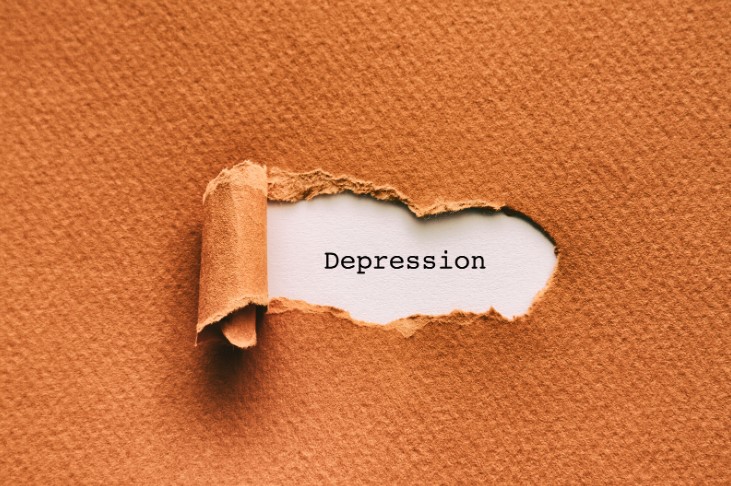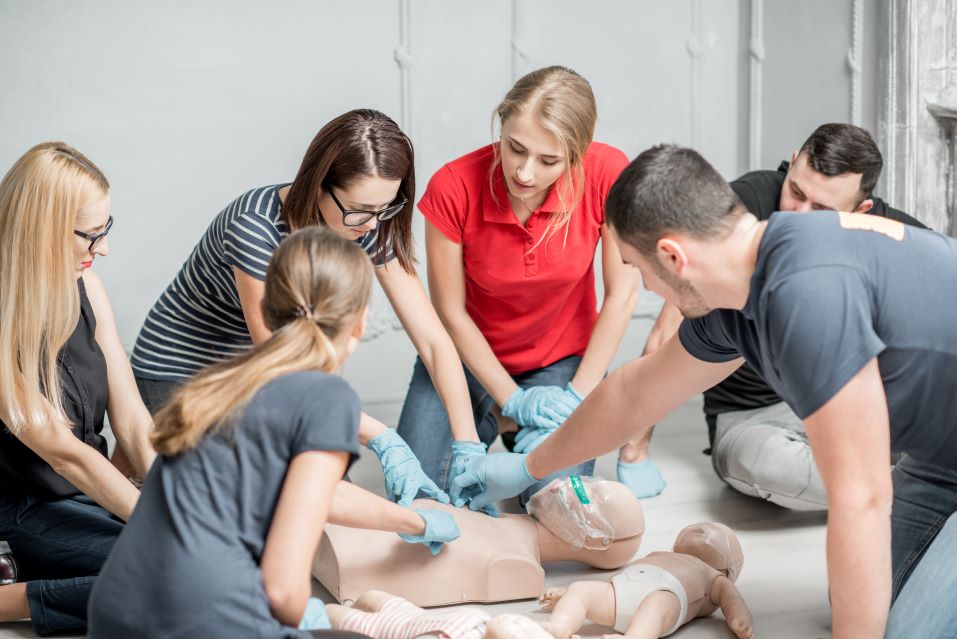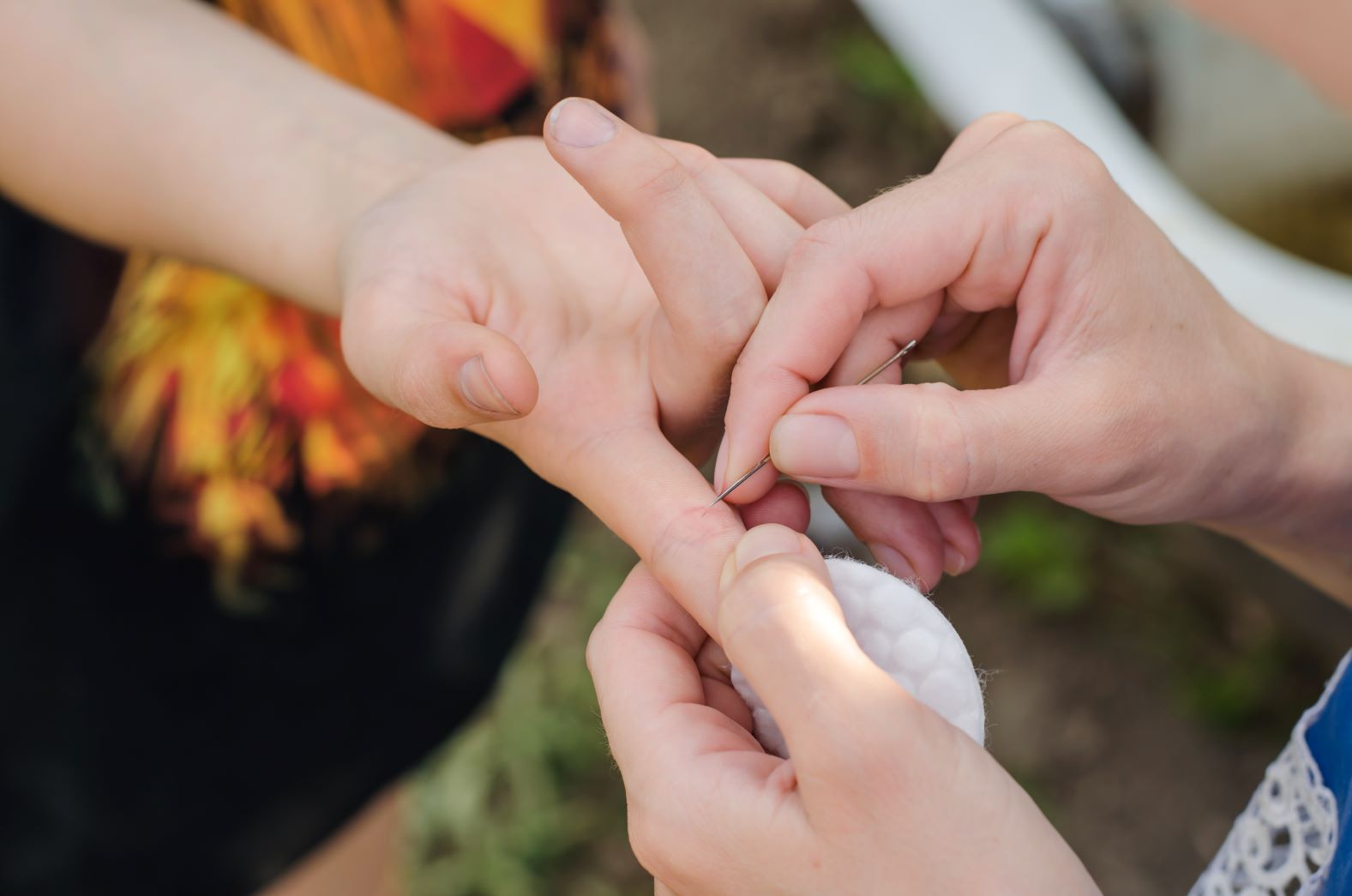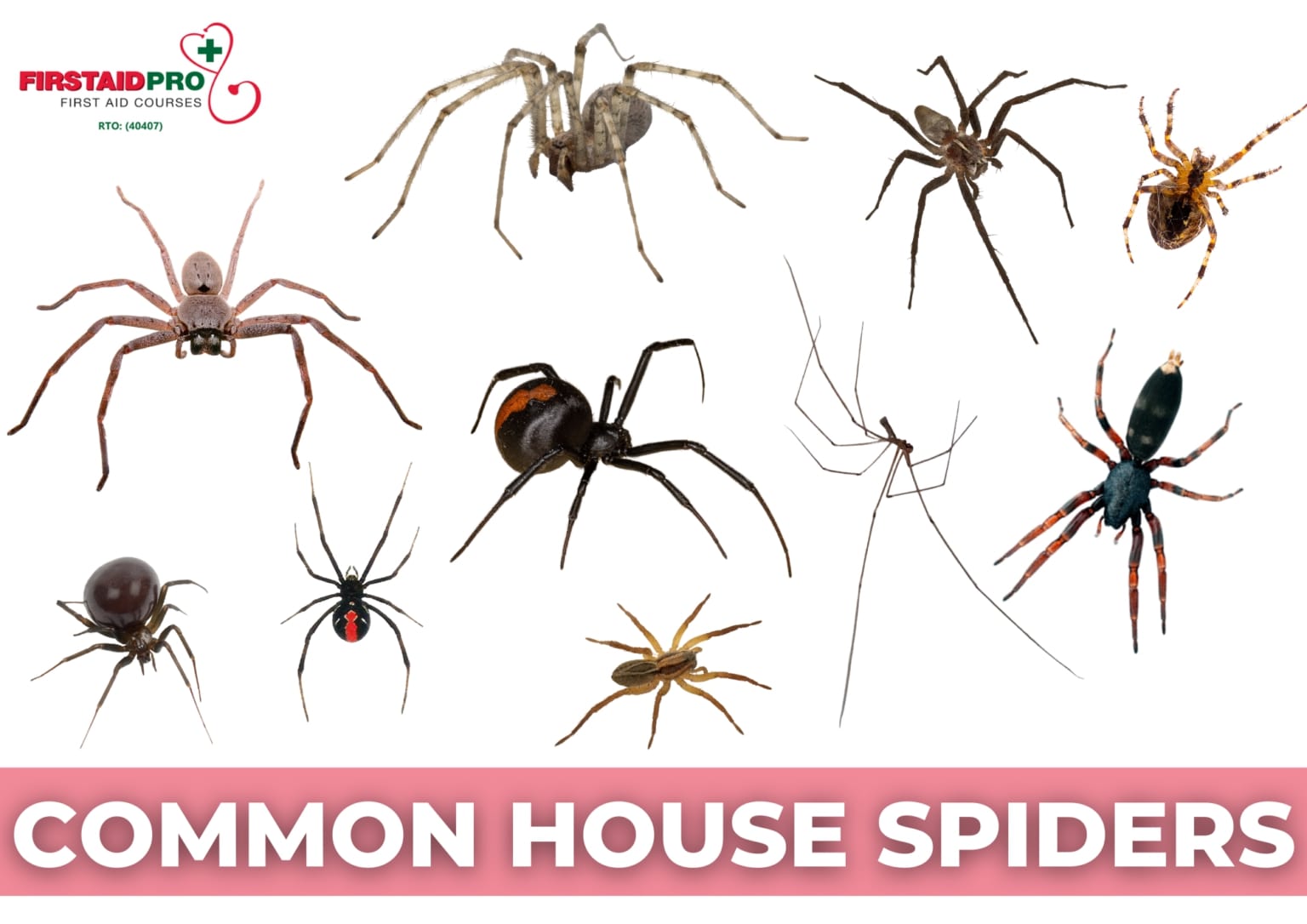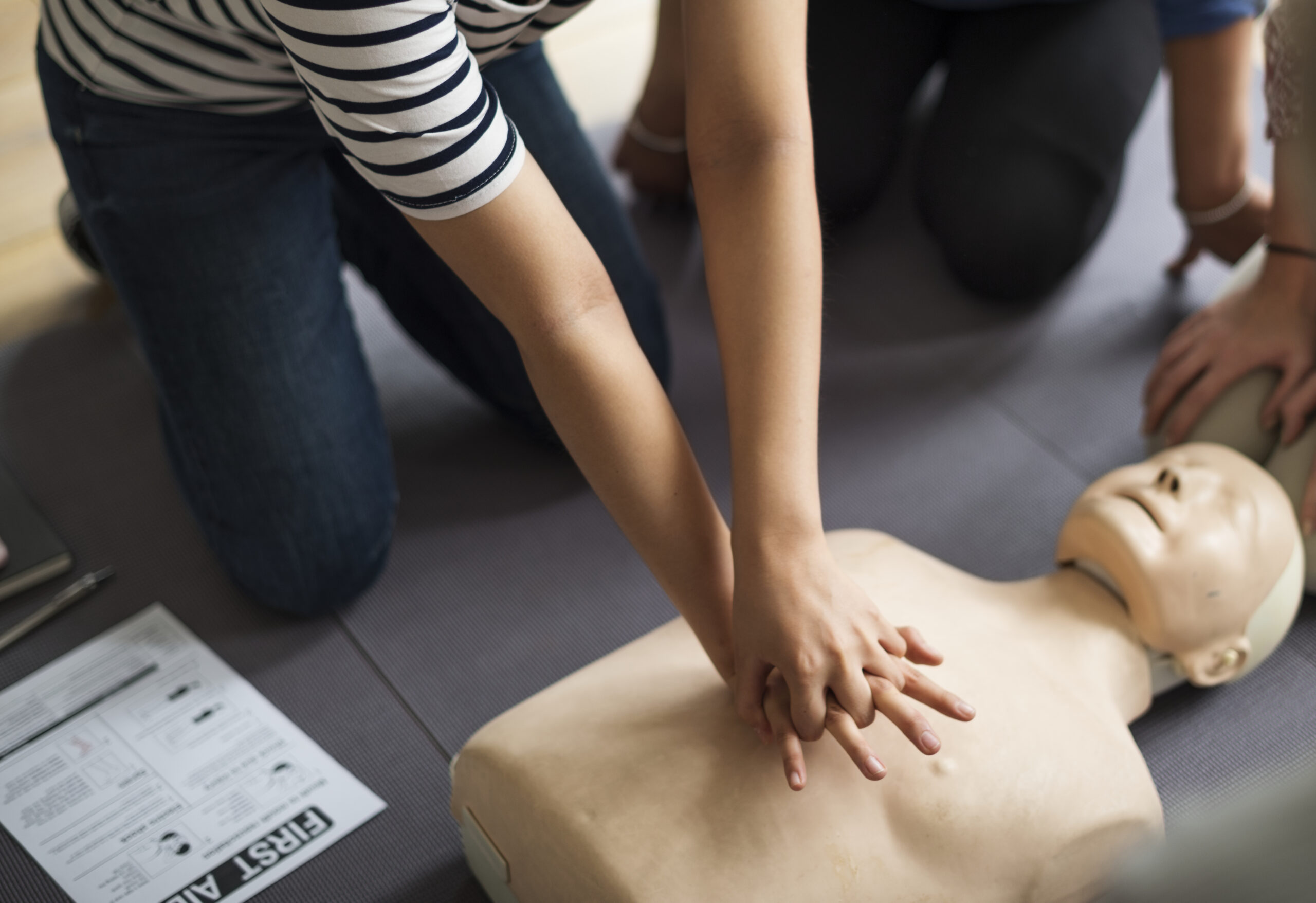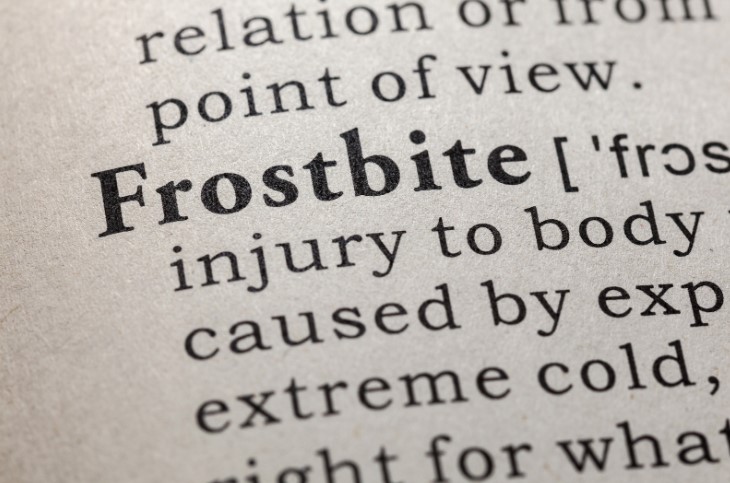6 ways to emotionally support someone with depression: Depression is a serious yet treatable mental disorder that affects many people from all walks of life. If it remains unrecognised and without treatment, it can get in the way of everyday life causing tremendous pain not only to those suffering from it but also to the people around them.
If you or someone is suffering from depression, it can be difficult to know how to provide the right help. In this blog, we provide 6 ways to emotionally support someone with depression.
Everything You Need To Know About Depression
It is a normal part of life to feel sad, moody, or low sometimes. However, if these feelings come and stay for more than two weeks and cause interruptions in your everyday life, it might be a sign that you have depression.
Depression, or major depressive disorder, is a common mental illness that can negatively affect how you feel, think, and act. It can lead to various physical and emotional problems such as feelings of sadness, loss of interest in activities you previously enjoyed, and decreased ability to function at work and home.
One in every seven people in Australia will experience depression at some point in their life. With several types of depression that exist, not everyone will have the same symptoms as others. Common types of depression include major depressive disorder (MDD), bipolar disorder, persistent depressive disorder (dysthymia), postpartum depression, premenstrual dysphoric disorder, atypical disorder, and seasonal affective disorder (SAD).
Depression is common, yet, it remains an illness that many people don’t understand. Conversations around this topic have improved over the past decades, but even so, there is still a stigma attached when talking about mental health.
A stigma surrounding mental health prevents many people from openly sharing about their feelings and experiences. This makes it difficult to get the right help for those experiencing symptoms of depression.
It is important to know that depression is a treatable condition by applying preventative techniques and mental health first aid.
Causes Of Depression
Depression is a complex illness that can happen for a variety of reasons. No one knows exactly the causes, but several factors are linked to its development.
Depression is usually a combination of factors that may include:
- Brain Chemistry – Certain abnormalities in the chemical levels of the brain can lead to depression.
- Genetics: People with a relative or a family history of depression and other mental health disorders are more likely to be depressed.
- Age. The elderly, or people 65 years and older, are at the highest risk of depression. This is because of other factors of the aging process, such as living alone and lack of social support.
- Gender. Research shows that women are twice as likely as men to suffer depression. The hormonal changes that women go through at different times of their lives may contribute to this factor.
- Major Life Events: The death of a loved one, upsetting events, and stressful conditions can cause depression.
- Medical Condition: Ongoing physical pain and chronic illness can cause mental illness. People often suffer from depression and other medical conditions such as diabetes, cancer, and Parkinson’s disease.
- Abuse: Experiencing physical, sexual, or emotional abuse can make you feel vulnerable and depressed.
- Personality: People who easily feel overwhelmed or have trouble coping with their emotions may be prone to various mental illnesses.
- Medication: Certain medications can have depression as a side effect. The use of recreational drugs and alcohol can even make the condition worse.
Signs And Symptoms
Depression symptoms can be different to anyone. Common signs and symptoms may include:
- Feeling more pessimistic than usual or hopeless about the future
- Irritable, frustrated, or gets upset easily
- Have less energy than usual
- Neglect of basic hygiene (showering, brushing their teeth, etc.)
- Trouble sleeping or sleeping much more than usual
- Loss of interest in their usual activities and hobbies
- Sudden changes in appetite (eating more or less than normal)
- Feeling of anxiety, restlessness, or agitation
- Unexplained physical problems (back pain, headaches, etc.)
- Difficulty concentrating, remembering things, and making decisions
- Mentioning death or having suicidal thoughts
If you or someone you know has been diagnosed or is showing symptoms of depression, early intervention is the key.
How To Help Someone With Depression?
Here are 6 ways to emotionally help someone with depression.
Become A Good Listener
People who are depressed tend to be isolated, where they feel that there is no one they can share their problems with. It may be difficult for them to show trust and share what they are through.
The best way to help is to be there for them and let them do the talking when they are ready. Let them know that you are there to listen, but do not try to offer any immediate solutions. Being there to support them is the most important thing you can do for them.
Encourage Professional Help
A person who is depressed is encouraged to seek professional help from mental health professionals, counsellors, and even support groups. Let them know that depression is a treatable disease and it is not something that they have to struggle with on their own.
Offer Practical Help
Depression can sometimes make people neglect their everyday tasks. Some may not have enough food at home or struggle with household chores. Some may even forget to pay their bills or keep up with their emails.
In this case, you can help by offering a grocery run for them or cooking them a meal. Doing these little things can provide great comfort to someone experiencing depression.
Avoid Being Judgmental
Depression is not the same as feeling sad or having a low day. It is a debilitating illness that can affect your everyday life.
If someone shares their feelings or experiences with you, take what they say seriously. Avoid saying, “I know how you feel,” “we all have been there,” or “it will pass,” as these phrases may be interpreted differently. It is better to show support through nonjudgmental listening and being there when they need help.
Be Patient
It can be frustrating to deal with a friend or a loved one with depression. However, losing your patience or walking away will not help the situation. Instead, be patient and try to be understanding of what they are going through.
Remember, depression can happen to anyone, and the next person who needs help could be you.
Educate Yourself
Learning more about mental health is one of the best ways to help someone with depression. Knowing the condition and its effect can make it easy for you to understand and empathise with someone who is.
A mental health first aid course is a good resource to be better equipped to help and support someone suffering from depression.
Do You Have Depression?
Being able to recognise symptoms is a great first step in treating depression. In mental health first aid (MHFA), you will better understand the symptoms and when it is the time to seek professional help.
Mental health first aid is a skill-based training course where you will learn strategies to help someone in both crisis and non-crisis situations. You will learn how to apply the MHFA action plan in various situations, including when someone is experiencing suicidal thoughts and actions, panic attacks, or reactions from a traumatic event.
Depression can be intense and overwhelming – whether it is seasonal, situational, or persistent. With the right first aid treatment, depression can be managed and treated successfully.
Learn what depression is and how to help someone experiencing poor mental health. Enrol in a mental health first aid today.

